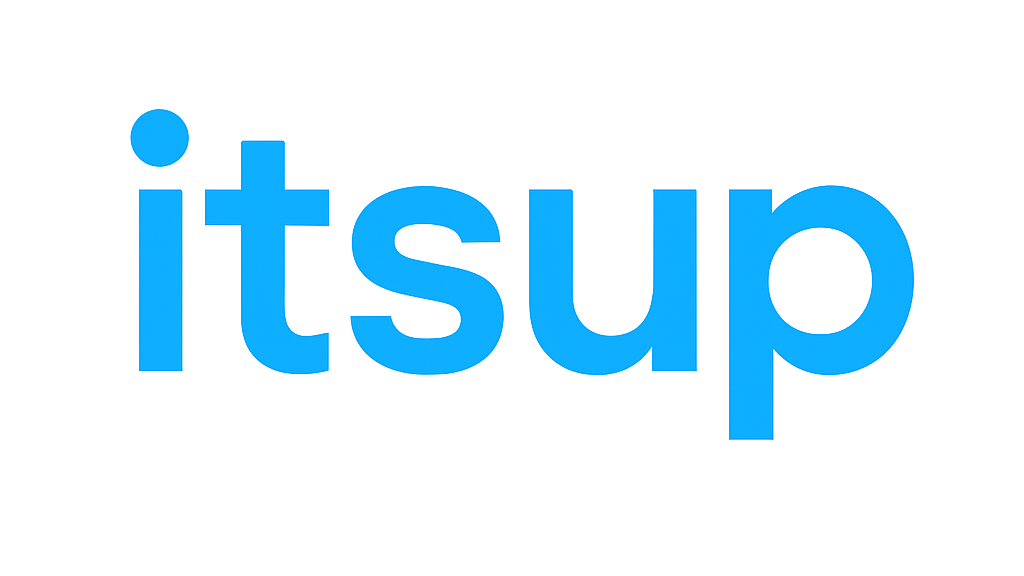7 Strategies for Effective Online Learning

Online learning has become increasingly popular in recent years, with many people turning to the internet to acquire new skills and knowledge.
However, learning online can be challenging, and it’s important to have an effective strategy in place to make the most of your time and resources.
In a blog posted earlier, I highlighted important digital skills to possess in 2021 and Online Learning is one of them. And here are 7 strategies that can help you succeed with online learning:
Set Goals
Set specific goals for what you want to learn and why. Before you start learning online, take some time to think about your goals and why they are important to you. This will help you stay focused and motivated, and it will make it easier to measure your progress.
Setting goals can be in a ‘To Do’ list format as well, and I find that the TeuxDeux organizing tool is a good one to use when setting goals.
Scheduling
Create a schedule and stick to it. Learning online requires discipline and organization, so it’s important to create a schedule and stick to it. This will help you manage your time effectively and ensure that you are making regular progress.
Multiple Sources
Use a variety of learning materials and resources. Online learning offers a wealth of resources and materials, so take advantage of this diversity. Use a mix of videos, articles, podcasts, and other materials to keep things interesting and provide different perspectives on the topic you are studying.
There are multitudes of sources on the internet for any particular topic you’re learning. YouTube and Wikipedia seem to have endless record of video and textual resources respectively.
Break
Take breaks and avoid burnout. Learning online can be intense, so make sure to give yourself regular breaks and avoid burning out. Take time to rest and recharge, and try to find a healthy balance between learning and other activities.
There is a general recommendation called the Pomodoro Technique that encourages having 5-minute breaks after each 25-minute period of doing a task. Pomofocus is a good timer tool to use for this.
Organize
Stay organized and manage your digital learning environment. Online learning can create a lot of digital clutter, so it’s important to stay organized and manage your learning environment. Use tools like bookmarking, notes, and folders to keep track of your progress and find the information you need quickly and easily. Notion is a great tool to use to help you stay organized.
Engage
Engage with other learners and seek support when needed. Online learning can be isolating, so make sure to engage with other learners and seek support when you need it. Join forums, groups, and communities related to your field of study, and don’t be afraid to ask for help when you are stuck.
There are tons of tools available for engagement, depending on the tool your peers are using. Slack and Discord are good options to consider when deciding which tool to use.
Reflect
Reflect on your learning and celebrate your achievements. Learning online is a journey, and it’s important to take time to reflect on your progress and celebrate your achievements. This will help you gain insight into your strengths and weaknesses and give you a sense of accomplishment.
An effective way to reflect is basically to journal about your online learning experience. Penzu is a good tool to use for journaling.
In conclusion, online learning offers a wealth of opportunities, but it’s important to have an effective strategy in place to make the most of your time and resources. By setting specific goals, creating a schedule, using a variety of materials, taking breaks, staying organized, engaging with others, and reflecting on your learning, you can succeed with online learning and achieve your goals.
